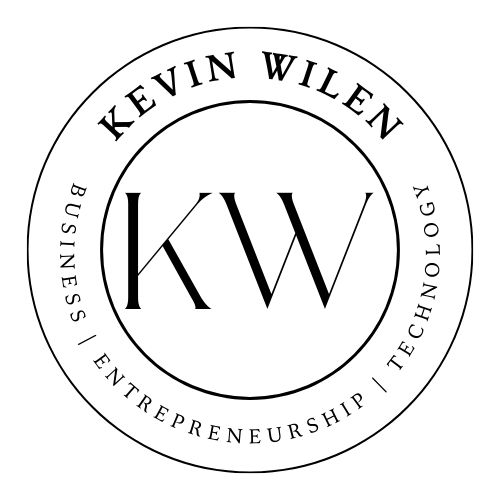Artificial intelligence (AI) is rapidly transforming industries and profoundly reshaping everyday life. From healthcare to finance, transportation to entertainment, AI’s capabilities are revolutionizing how we work, interact, and live. Its rise brings both opportunities and challenges, making it one of the most influential technological advancements of our time.
In the healthcare industry, AI is enhancing diagnostics, treatment planning, and patient care. Machine learning algorithms analyze vast amounts of medical data to identify patterns and predict outcomes, improving the accuracy of diagnoses and enabling personalized treatment plans. AI-powered tools like image recognition software assist radiologists in detecting anomalies in medical imaging, leading to earlier and more accurate detection of diseases such as cancer. Additionally, AI-driven virtual health assistants provide patients with timely information and support, improving access to healthcare and patient engagement.
The finance industry is also experiencing a significant transformation due to AI. Algorithms analyze market data to identify trends, optimize trading strategies, and manage risks more effectively. AI-powered chatbots and virtual assistants enhance customer service by providing instant, personalized responses to inquiries. Fraud detection systems utilize machine learning to identify suspicious activities and prevent financial crimes. These innovations not only increase efficiency but also enhance security and customer satisfaction in the financial sector.
In the transportation sector, AI is driving the development of autonomous vehicles, revolutionizing how we travel and transport goods. Self-driving cars equipped with AI systems can navigate complex environments, improve traffic flow, and reduce accidents caused by human error. AI is also optimizing logistics and supply chain management by predicting demand, optimizing routes, and reducing operational costs. These advancements contribute to a more efficient and sustainable transportation system.
The entertainment industry is leveraging AI to create more engaging and personalized experiences. Streaming services use machine learning algorithms to analyze user preferences and recommend content tailored to individual tastes. AI-generated music, art, and literature are pushing the boundaries of creativity and expanding the possibilities of artistic expression. Virtual reality (VR) and augmented reality (AR) experiences are enhanced by AI, providing immersive and interactive entertainment experiences.
In everyday life, AI-powered virtual assistants like Siri, Alexa, and Google Assistant have become integral parts of our daily routines. These assistants help us manage tasks, control smart home devices, and access information quickly and conveniently. AI-driven recommendation systems on e-commerce platforms suggest products based on our browsing history and preferences, making shopping more personalized and efficient. Additionally, AI is enhancing cybersecurity by detecting and responding to threats in real-time, protecting our digital lives from cyberattacks.
Despite its numerous benefits, the rise of AI also presents challenges and ethical considerations. Concerns about job displacement due to automation are prevalent, as AI systems can perform tasks traditionally done by humans. Ensuring that workers are reskilled and prepared for new roles in an AI-driven economy is crucial. Privacy and data security issues also arise, as AI relies on vast amounts of data to function effectively. Striking a balance between innovation and safeguarding personal information is essential to maintaining public trust.
Moreover, ethical considerations regarding AI decision-making processes are paramount. Ensuring that AI systems are transparent, fair, and free from biases is critical to avoid perpetuating discrimination and inequality. The development of robust regulatory frameworks and ethical guidelines is necessary to guide the responsible deployment of AI technologies.
In conclusion, the rise of artificial intelligence is transforming industries and everyday life in unprecedented ways. Its impact on healthcare, finance, transportation, and entertainment is profound, enhancing efficiency, personalization, and innovation. While AI presents challenges and ethical considerations, its potential to improve our lives and drive economic growth is immense. As we navigate the AI-driven future, it is crucial to address these challenges and harness the power of AI responsibly to create a more inclusive and prosperous society.

